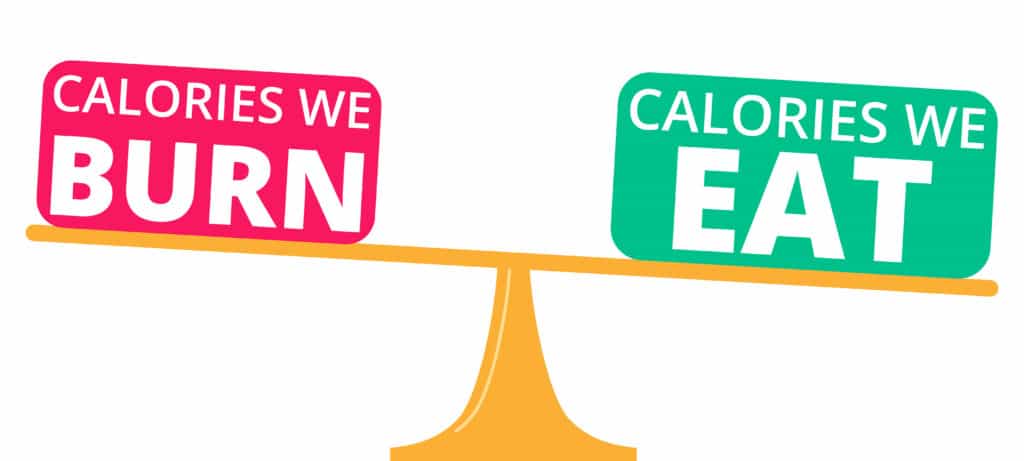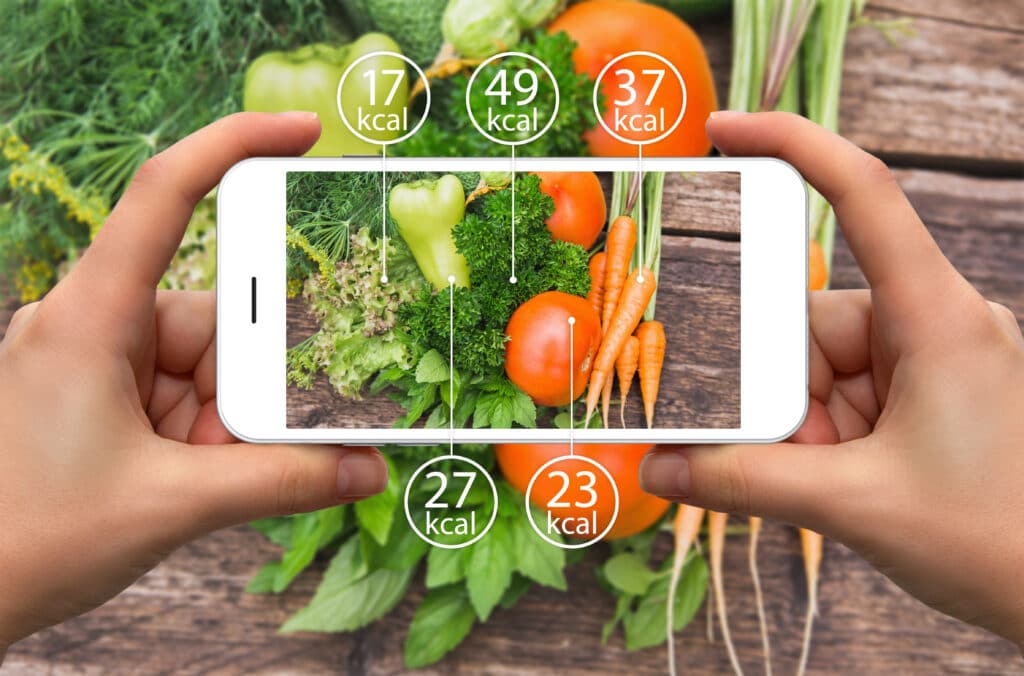
Calorie tracking vs nutritional planning is a hot topic in the diet industry, especially when addressing one of its biggest myths: that all calories are created equal. This is not entirely true. A calorie is a calorie, but not all are the same. Regarding personal nutrition, we still think of calories as a way to measure how much energy we consume. The problem comes when we try to count calories, and we run into two primary issues: the simple math of counting them and the fact that not all calories are created equal.
Calorie counting and nutrition planning are two main ways to track calories. While these two approaches achieve the same result, they work differently. This blog will explore how they work and how you can use both to reach your dieting goals.
Understanding Calories
Calories are one of the most popular and favorite nutritional aspects of food. They are the energy your body uses to keep you alive and help you perform your daily functions. They are measured in joules but are most often referred to in food energy units or kilocalories (1 kcal = 1000 calories). As a rule of thumb, an average adult uses 2000 kcal (or 8400 kilojoules) per day, although individual needs vary depending on weight, activity levels, and age.

They can be obtained from three different types of food: carbohydrates, fats, and proteins. Each one of these nutrients is comprised of molecules called “macronutrients.” If you are counting calories for weight loss, you may be disappointed that not all are the same. This is because the body does not react the same way to different types of calories. If you are tracking your calories, you will be aware of the calories in food and the amount of exercise you do.
| Thank you for Signing Up |


What is Calorie Tracking?

For those who are health conscious, counting calories is often the most important thing. It is an essential part of a healthy lifestyle. It is based on a very simple concept: if you consume fewer calories than your body burns, you will lose weight. However, it’s much harder to lose weight than this theory makes it seem. In fact, research has shown that counting calories can cause weight gain because you end up eating more food. That’s because your body reacts differently depending on the macronutrients (grams of protein, fat, and carbohydrate) they contain.
Another main reason is that people don’t always count them correctly. In addition, if the calories you consume don’t provide your body with enough essential nutrients, your body will try to conserve energy, slowing your metabolism and making it harder to lose weight. So calories can become a tool to help you in your quest to be healthy, but they aren’t the only tool. This is why a lot of people prefer to plan their meals and count nutrients.
Schedule a free 30-minute consultation to learn more about calorie tracking.
| Thank you for Signing Up |


What is Nutrition Planning?
Nutrition planning is one of the most important steps to follow when you are trying to lose weight or keep the weight off. It is a process that is focused on the overall health of your body. While calorie tracking and nutrition planning both perform the task of counting calories, the end goals are quite different.

When you do calorie tracking, you are simply measuring the number of calories you are taking in (and maybe out). When you are doing nutrition planning, you are considering the quality of your calories. You are looking at where you are getting your calories from and whether they are good or bad. A nutrition plan considers the quality of those calories. In this way, you are able to achieve your goals much faster. If you are trying to lose weight, nutrition planning is a great way to display all the calories you are consuming daily.
Do you have questions? Contact us for answers.
| Thank you for Signing Up |


Which one is right for you?
It is well known that the calorie-counting approach to weight loss is not very practical. People start to count them and are happy with the weight loss (if any), and then one day, they fall off the wagon and gain the weight back. Why? Because this approach is at the heart of the “eat less and move more” approach to weight loss. The problem with this approach is that it ignores the food quality, the timing of the meals, the food combinations, and much more. This approach is not wrong, but it is incomplete. To deal with obesity and weight problems, a different approach is needed.
We all know that nutrition is essential for our health and losing weight. Therefore, knowing how much you should be eating and what foods you should put into your body is vital. That is where nutrition planning comes in.
| Thank you for Signing Up |


Calorie tracking vs Nutritional planning?
Food is your body’s primary source of energy, and your body needs fuel to function correctly. When you eat, your body breaks down the food into its components, or nutrients, to be absorbed, used, or stored for later use. Your body uses carbohydrates, fats, and proteins to provide the body with energy, but not all of the nutrients are used. If you don’t use them, they are stored as fat.
Proper nutrition helps you maintain a healthy body weight and prevent health conditions such as heart disease, stroke, and type 2 diabetes. Calorie tracking vs nutritional planning can be tricky, especially if you’re not familiar with the science behind what you eat. The best way to plan your nutrition is to create a flexible meal plan that meets your needs and fits your lifestyle. Eat the right kind and burn more calories than you take in, so your body uses the stored fat as fuel.
Ultimately, what matters most about weight loss is that you can create a calorie deficit. You need to ensure that your nutrition is on point, and you must be active. If you are looking for help with creating a nutrition plan, feel free to contact us anytime and let us help you determine calorie tracking vs nutritional planning.
| Thank you for Signing Up |




